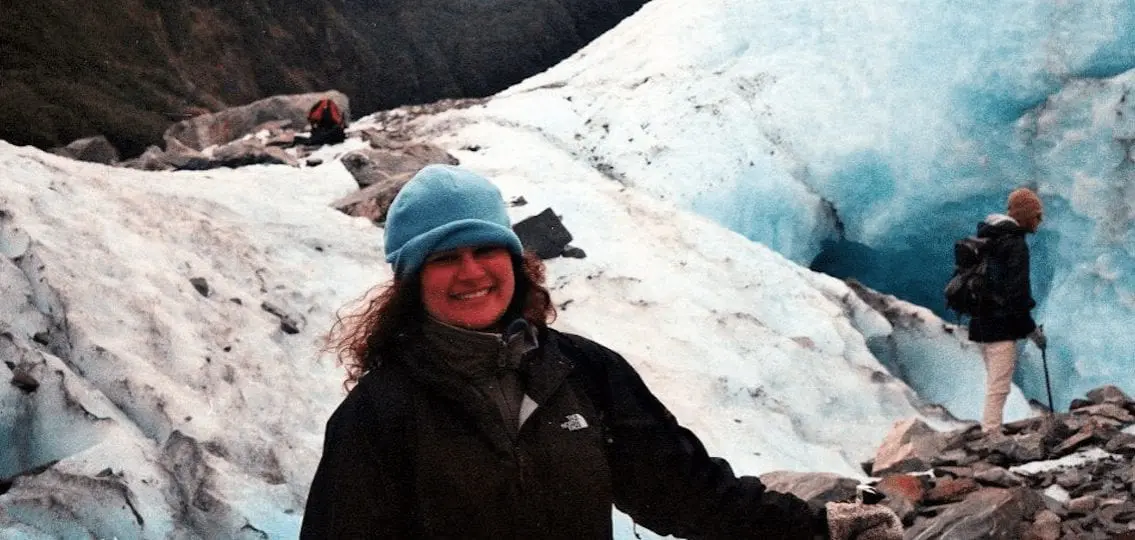
Only vaguely aware of the concept, the Garsons were not at all sure it was a good idea. “We put it totally on her. We told her to do some research and come back to us with a plan and present it to us. We were thinking she might just forget about it.”
Good Reasons for Taking a Gap Year
Jessie did not forget about it. She put together a plan that involved spending a portion of the year in an organized program in the Himalayas, followed by independent travel and “WWOOFing,” which involves working on organic farms around the world in exchange for room and board.
“I think a lot of times, the gap year is viewed as something for kids who aren’t ready to handle college yet,” says Ann. “That was not the case with Jessie. She was a great student and ready for college. When we asked her why she wanted to do this, she told us she had been working hard for twelve straight years, she was burned out from school, and she was tired of traditional, linear learning.”
While it required a huge leap of faith, the Garsons could see that Jessie was ready to take ownership of the process and knew what she wanted to get out of the experience.
Ann’s gap year advice for parents comes from Jessie’s plan. She says, “The ability to articulate why they want a gap year and what they want to get out of it, and the ability to put together the elements to reach those goals, are the signs that you should find a way to say yes.”
Sort Out the Details Up Front
A gap year should not mean a free ride, says Scott, offering his own gap year advice for parents. “Jessie knew that she would need to have some skin in the game, because we have always required our kids to earn money to help pay for what they want.” That meant finding scholarship money from the program she wanted to attend and using her own savings from summer jobs. Her grandparents generously donated her overseas plane ticket as a graduation present.
The other part of the deal? “We told her she had to apply to college before she could go,” says Scott. Jessie applied, was accepted, and had to quickly request permission in writing to defer her acceptance by one year. The college required a detailed outline of what she would be doing for her gap year before granting the deferral.
Jessie had traveled independently prior to this experience. Still, the Garsons knew this would be a bigger deal. They would have no contact at all with Jessie for three months while she was with the organized program in the Himalayas.
After that, they used apps like FaceTime and WhatsApp to check in from time to time. Says Ann, “We also used Google Earth to check out the hostels where she was staying and we could feel more connected in that way.”
Be Amazed
Says Scott, “We long ago made a decision that we were not going to live in fear. As a parent, the more you hover, the more you impede your child’s ability to handle things. I think there were some people who felt we were bad parents for letting her go. We felt like we were honoring her self-determination.”
When Jessie returned from her gap year experience, they found her more resilient than ever, with several new skills in her back pocket. The girl who had never spent much time outdoors was able to hike and pitch a tent in all kinds of weather. She learned to knit from the friends she made while traveling.
Jessica also developed an appreciation for reading that she had never had, born from a lot of downtime with no internet connection. All of those skills ultimately served her well in handling the academic and social adjustments at college.

Says Scott, “I’m glad she went so far out of her comfort zone to explore new things. Her gap year experience actually helped define who she is today more than school or any job ever could.”
Ann and Scott Garson live in Northeast Ohio.




